Rose tea is an aromatic and flavorful herbal beverage made from the petals and buds of the rose flower, typically from fragrant species like Rosa damascena or Rosa centifolia. It has been cherished for centuries in various cultures for both its delicate, floral flavor and its potential health benefits. The taste is light and subtly sweet, often with a hint of bitterness, depending on the rose variety and preparation method. It is a naturally caffeine-free drink, making it a soothing choice at any time of day, particularly in the evening. Some commercial rose teas may be a blend of rose petals and other tea leaves (like black or green tea), so it’s important to check the ingredients if you want a purely herbal and caffeine-free option.
Health Benefits
Rose tea is rich in antioxidants and is associated with several potential health benefits, although many of the claims are based on traditional use or studies on concentrated rose extracts rather than the tea itself.
Rich in Antioxidants: Rose tea is packed with polyphenols, such as gallic acid, anthocyanins, and flavonoids. These powerful antioxidants help combat free radicals in the body, which can reduce oxidative stress and the risk of chronic diseases.
Aids Digestion: Traditionally used as a digestive aid, rose tea can help soothe stomach issues, including bloating, indigestion, and constipation. It has mild laxative and diuretic properties that can assist the digestive system.
Menstrual Pain Relief: Studies suggest that drinking rose tea may help alleviate the pain and discomfort associated with menstruation, including cramps and bloating. Its anti-inflammatory properties may also help with mood swings and anxiety during this time.
May Promote Relaxation: The delicate aroma and warmth of rose tea are known to have a calming effect, helping to reduce stress and anxiety and promote a sense of well-being.
Hydration: As a water-based beverage, rose tea contributes to your daily fluid intake, which is essential for overall health and bodily functions.
Skin Health: The antioxidants and Vitamin C in rose tea are beneficial for skin health, helping to hydrate, reduce inflammation, and may contribute to a more radiant complexion.
Nutritional Facts
Pure rose tea, made only from rose petals and water, is essentially calorie-free and sugar-free. The nutritional values are negligible. Any nutrients are derived from the rose petals, but the amount that gets extracted into the tea is minimal.
Calories: 0-5 kcal (per cup)
Carbohydrates: 0-1 g
Protein: 0 g
Fat: 0 g
The nutritional content can change significantly if you add other ingredients like sugar, honey, milk, or if the tea is a blend with other leaves.
How to brew:
Brewing Pure India Organic Rose Tea from a tea bag is a simple process. The goal is to extract the delicate rose flavor and aroma without making the tea bitter.
Heat Water: Bring fresh, filtered water to a boil. For a purely herbal tea like rose, boiling water (212°F or 100°C) is generally fine to use.
Prepare the Cup: Place one tea bag into your favorite mug or cup.
Pour Hot Water: Pour the hot water over the tea bag.
Steep: Let the tea steep for about 3-5 minutes. The steeping time is crucial for flavor. A shorter time will give a lighter, more subtle floral note, while a longer time will produce a stronger flavor.
Remove the Tea Bag: Carefully remove the tea bag. You can gently press it against the side of the cup to extract a bit more flavor, but avoid squeezing it too hard, as this can sometimes release bitter flavors.
Enjoy: Your rose tea is ready to be enjoyed. It is delicious on its own, but you can also add a touch of honey or a slice of lemon to enhance the flavor.
Important Considerations:
Water Quality: Using fresh, filtered water can make a noticeable difference in the taste of your tea.
Steeping Time: Experiment with the steeping time to find your personal preference.
Additions: While it’s recommended to try the tea plain first to appreciate its natural flavor, you can always sweeten it with a little honey or a natural sweetener. Avoid adding milk, as it can overpower the delicate floral notes.
Re-steeping: Some high-quality tea bags can be re-steeped. If you find the flavor is still strong after the first brew, you can try steeping the same bag a second time, often for a slightly longer duration.



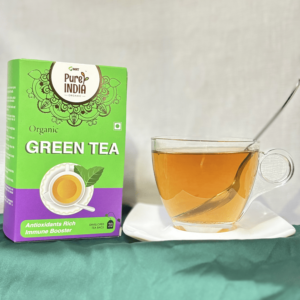

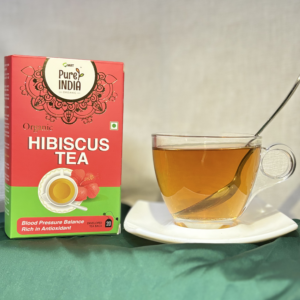
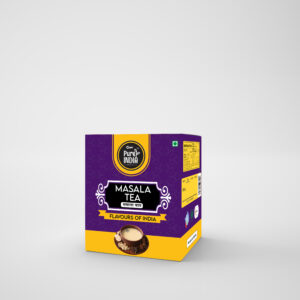
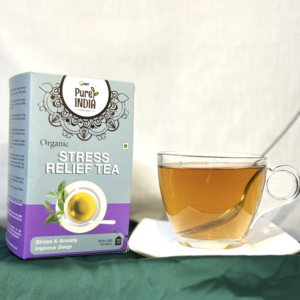
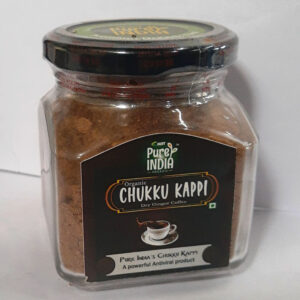
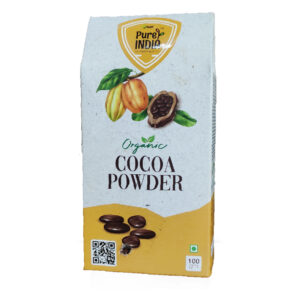
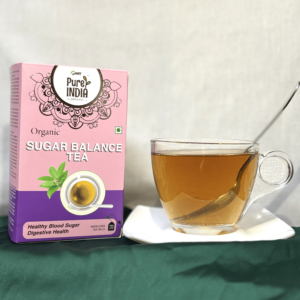
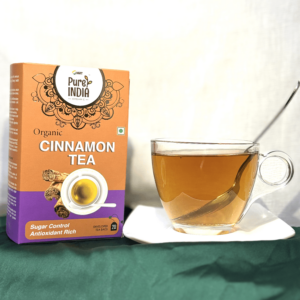






Reviews
There are no reviews yet.